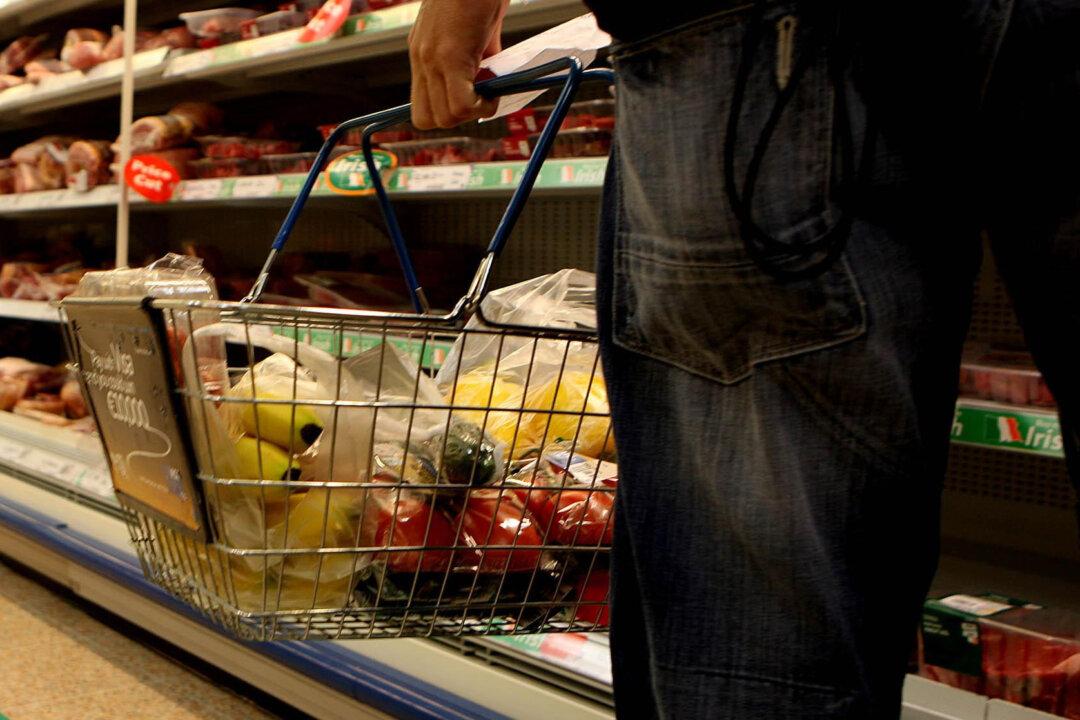Gas and electricity prices pushed the UK’s inflation to 11.1 percent in October, the highest in 41 years, official figures show.
The Office for National Statistics’s (ONS) latest inflation figures, published on Wednesday, showed a 2 percent monthly increase in the Consumer Prices Index (CPI) in October.





